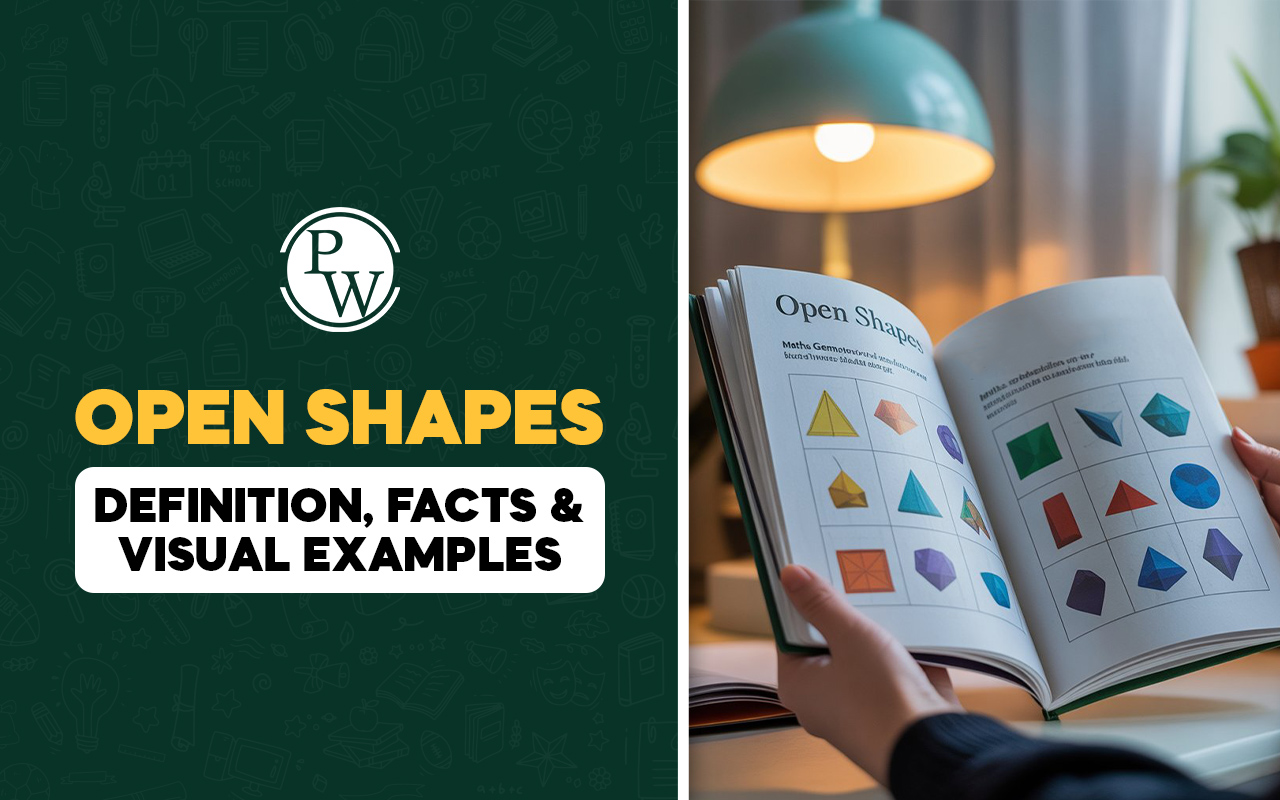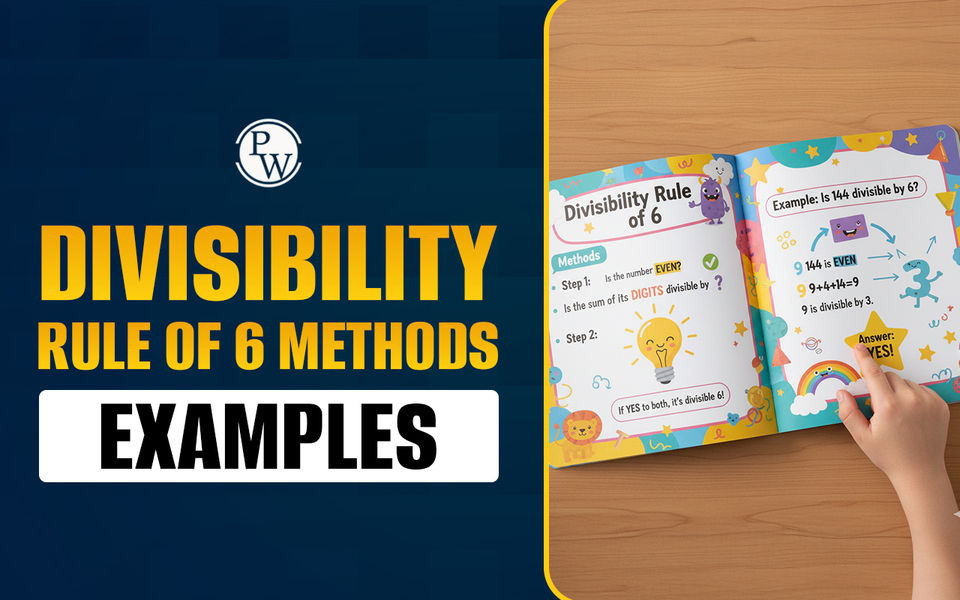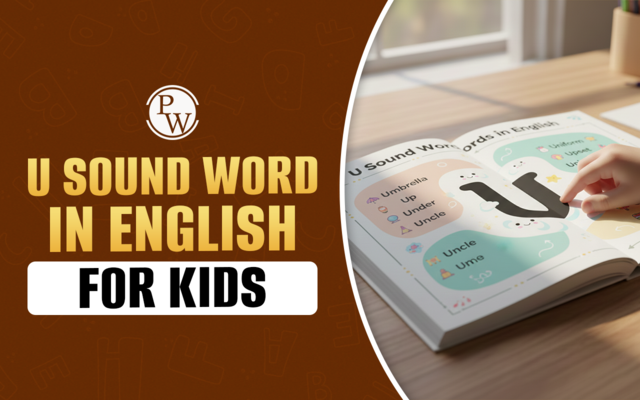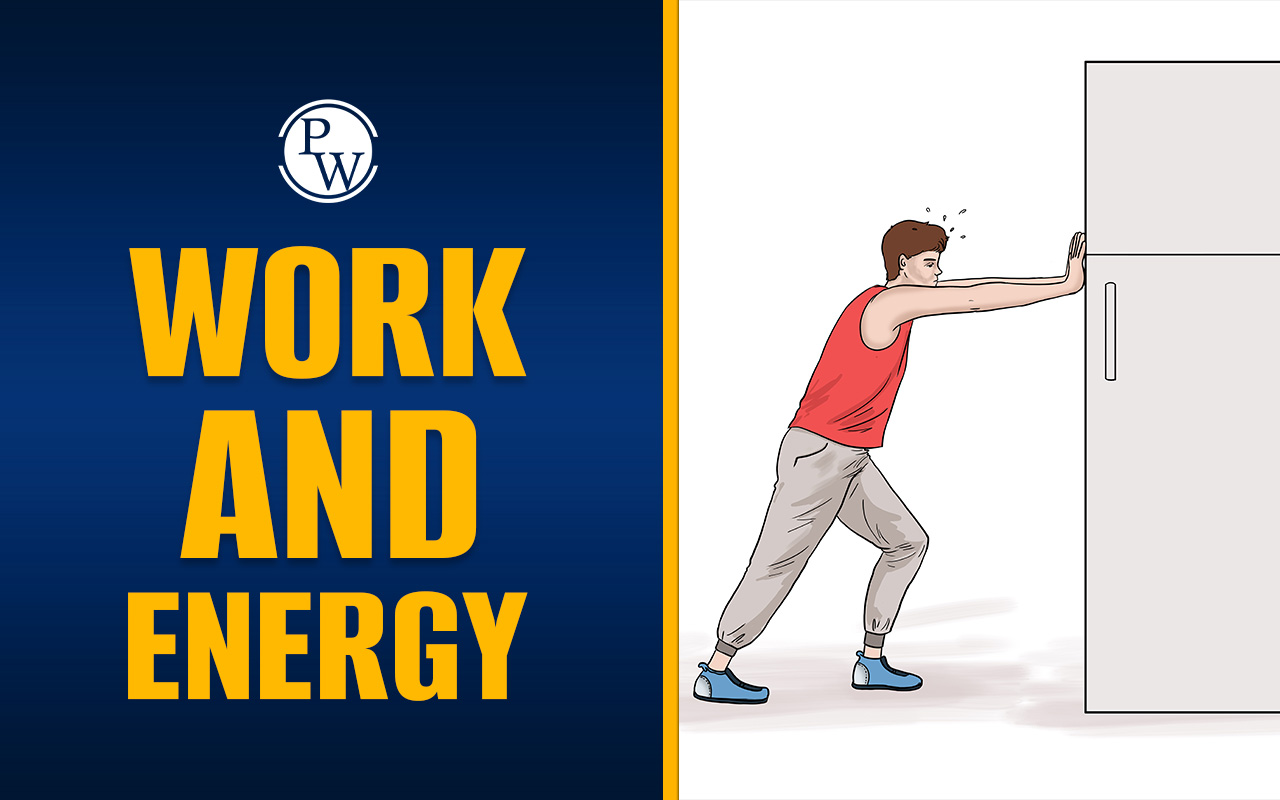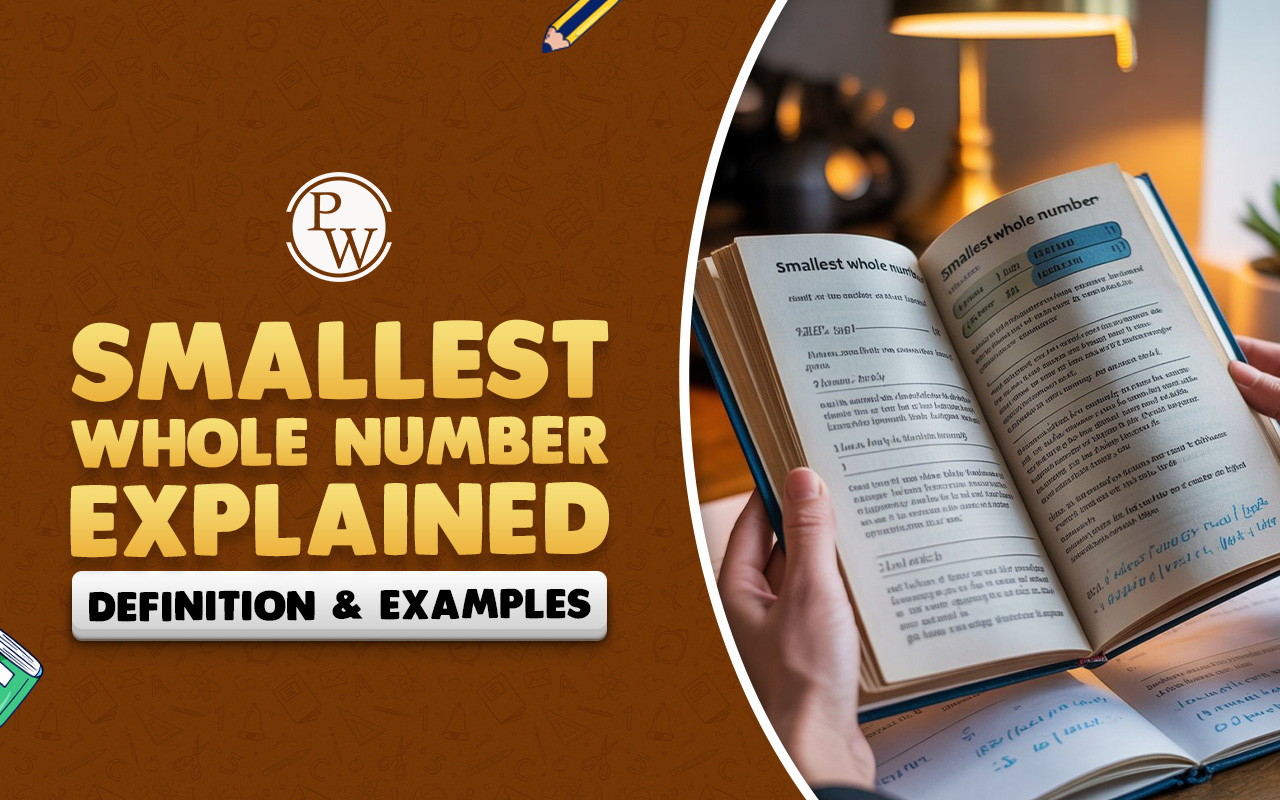
Team Building Activities for Kids: Team building activities are fun, interactive exercises designed to promote cooperation, communication, and problem-solving skills among children.
These activities often involve games and challenges that require teamwork, helping kids learn to work together towards a common goal. They can range from simple tasks like building something with blocks to more complex games that require strategy and coordination. The benefits of team-building activities for kids include improved social skills, increased confidence, better conflict resolution abilities, and the development of leadership qualities. These activities also foster trust, empathy, and a sense of community among children.What are Team Building Activities for Kids?
Team-building activities are structured exercises or tasks designed to improve communication, collaboration, and trust among team members. These activities can range from icebreakers and problem-solving challenges to outdoor events and group discussions. They encourage teamwork, help identify individual strengths and foster a positive work culture. Effective team-building activities enhance cooperation, reduce conflicts, and promote mutual respect, which in turn boosts productivity and morale. They are commonly used in corporate environments, schools, and sports teams to build stronger relationships and improve overall performance by ensuring that team members work effectively toward common goals.Name of Some Team Building Activities for Kids
Below we have mentioned name of some team building Activities for kids -- Maze Craze
- Tower of Power
- Block Masterpiece
- Piece by Piece
- Domino Dynamics
- Marble Madness
- Mission Safe Ground
- Span the Gap
- Precision Drop
- Save Sam
Maze Craze
Objective: Guide a ping-pong ball through a maze using straws.
Materials Needed:
- Unifix cubes
- Ping-pong ball
- Straws
Description: After building a maze, students blast a ping-pong ball through it using straws. This exercise fosters teamwork, strategic thinking, and fine motor abilities.
Tower of Power
Objective: Build the tallest tower using cups and popsicle sticks.
Materials Needed:
- Cups
- Popsicle sticks
Description: Teams are given the task of building the tallest structure they can with just popsicle sticks and cups. The iterative design process, cooperation, and structural engineering are highlighted in this exercise.
Block Masterpiece
Objective: Create unique structures using identical sets of building bricks without seeing each other's designs.
Materials Needed:
- 4 sets of the same LEGO or DUPLO bricks
- Ziploc bags
- Dividers (optional)
Description: Every student constructs a structure on their own using a matching set of bricks. Students then contrast their designs, emphasising how crucial it is to listen to others and share ideas in order to spur creativity.
Piece by Piece
Objective: Complete a puzzle by working together while only touching their own pieces.
Materials Needed:
- Printables on cardstock
- Ziploc bags
Description: A set of evenly divided puzzle pieces is provided to the students. They can only touch the pieces they have been given, but they have to cooperate to finish the puzzle. This exercise encourages teamwork and communication.
Domino Dynamics
Objective: Set up a domino chain reaction that completes a sequence.
Materials Needed:
-
Dominoes
Description: Together, the students construct a complex domino arrangement that, when tipped over, starts a chain reaction. This exercise develops patience, ingenuity, and careful planning.
Marble Madness
Objective: Create a marble run that guides a marble through a series of tubes.
Materials Needed:
- 4 paper towel tubes
- Marble or pom-pom ball
Description:
Without the use of tape or other adhesives, students must cooperate to move a marble through a sequence of paper towel tubes. This task promotes coordination, fine motor skills, and problem-solving abilities.Mission Safe Ground
Objective: Transport all bear counters across a "lava" field using limited materials.
Materials Needed:
- 3-5 plastic cups
- Bear counters or similar manipulatives
- 6-10 popsicle sticks
Description: Using cups and popsicle sticks, teams must move bear counters across a lava field safely by following instructions. This exercise teaches resource management and strategic planning.
Span the Gap
Objective: Design and build bridges to cross a water gap using teamwork.
Materials Needed:
- LEGO or DUPLO bricks
- KEVA planks
- Printables
Description: Students work together to build various bridge structures that can cross a water-like divide. This task promotes collaborative problem-solving, innovative thinking, and structural design.
Precision Drop
Objective: Drop a ball into a bowl using two jump ropes.
Materials Needed:
- Small beach ball
- Large bowl
- Two nylon jump ropes
Description: To slide a ball along two jump ropes and deposit it precisely into a bowl, teams must cooperate. This exercise has a strong emphasis on accuracy, coordination, and teamwork.
Save Sam
Objective: Rescue a LEGO Minifigure (Sam) using provided materials without direct contact.
Materials Needed:
- 1 LEGO Minifigure (Sam)
- 1 small plastic cup (boat)
- 1 pipe cleaner formed into a circle (life preserver)
- 4 paper clips
Description: Without coming into direct contact with Sam, the boat, or the pipe cleaner, teams use paper clips to secure a life preserver around him. This task emphasises meticulous collaboration and innovative problem-solving.
Why Are Team Building Activities for Kids Important?
Team-building activities for kids are crucial for fostering essential life skills like communication, collaboration, and problem-solving. These activities encourage children to work together towards a common goal, helping them develop social skills and emotional intelligence. By participating in group challenges, kids learn how to share ideas, listen actively, and support each other, which boosts their confidence and self-esteem. Moreover, team-building activities teach children the importance of teamwork, trust, and respect for others' differences. Whether through sports, games, or creative tasks, these experiences help build a sense of community, laying the foundation for positive relationships and enhancing their ability to navigate social environments effectively.Benefits of Team Building Activities for Kids
Here are the benefits of team-building activities for kids:Improves Communication Skills : Encourages clear and effective communication with peers, which is essential for building relationships.
Promotes Collaboration : Teaches kids to work together towards a common goal, helping them understand the importance of cooperation.
Boosts Confidence : Successfully completing team challenges helps children build self-esteem and confidence in their abilities.
Develops Problem-Solving Skills : Encourages creative thinking and helps kids find solutions in group settings.
Fosters Trust and Empathy : Activities promote trust-building and help kids develop empathy as they learn to consider others' feelings and perspectives.
Enhances Social Skills : Provides opportunities for kids to interact and make friends, improving socialization and interpersonal skills.
| Also Read | |
| Pie Chart | Square Numbers from 1 to 30 |
| AM and PM | Geometry |
| Mental Maths Worksheet | Vedic Maths |
Team Building Activities for Kids FAQs
What do team building activities teach?
What is the use of team building activities?
What is the main purpose of team building?
What is the concept of team building?
What is role playing for team building?


